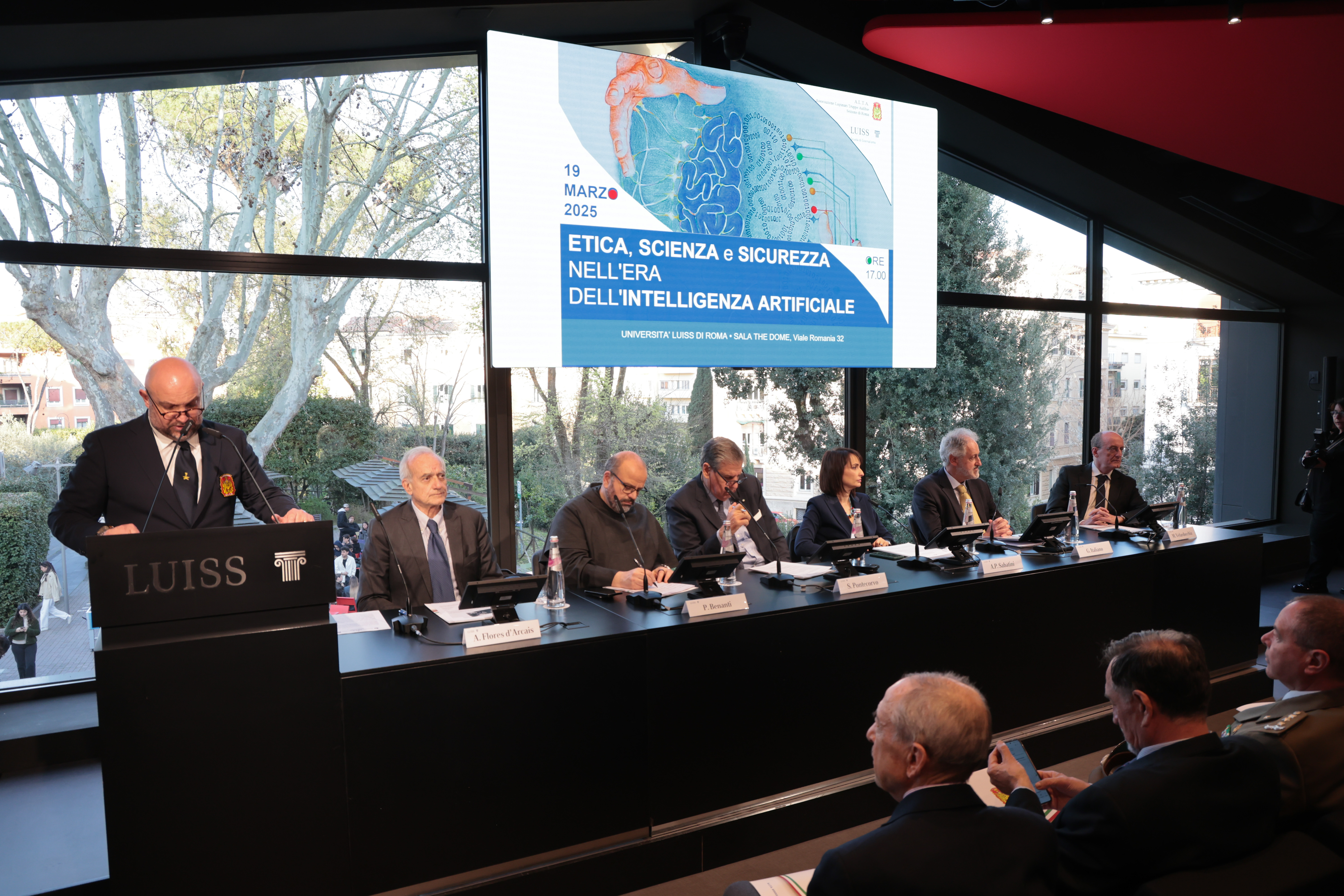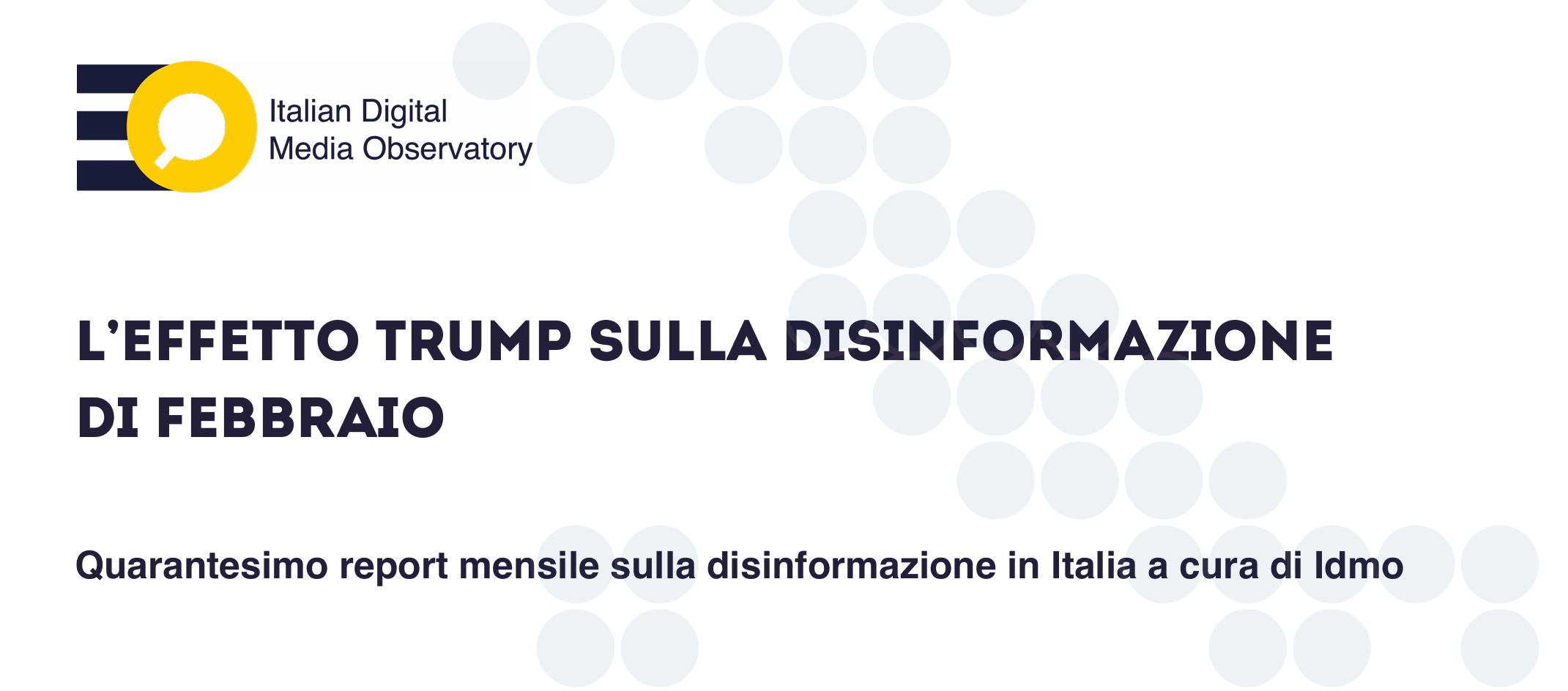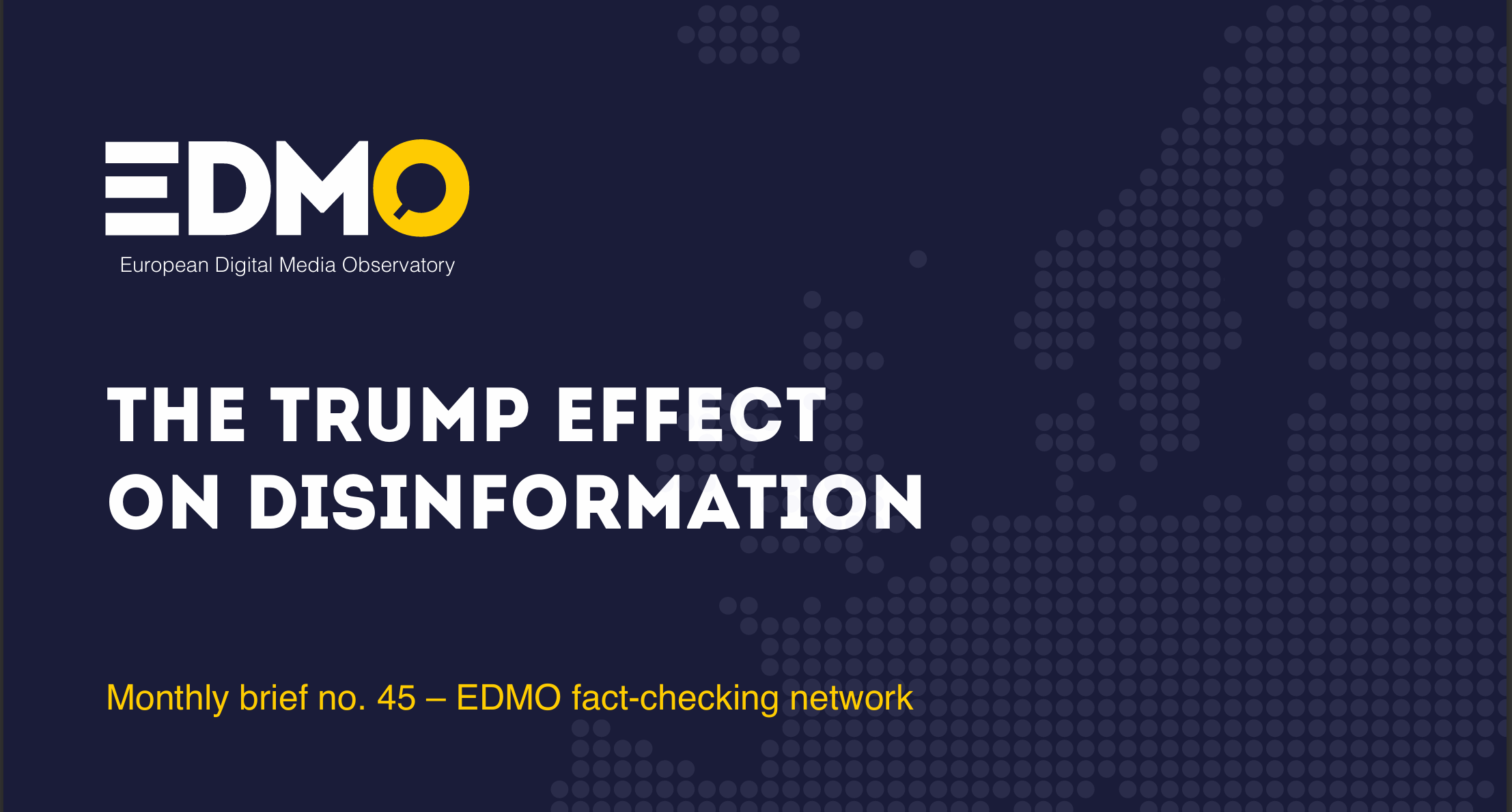Nowadays, the magnitude of disinformation and its effects is causing significant concern (Edwards et al. 2021). One of the major challenges of the current information ecosystem is the rapid spread of fake news through digital media (Tandor et al., 2019; Fletcher et al. 2018). In line with this, disinformation spreading on social media can be easily manipulated and distorted creating ad-hoc disinformation effects.
To face this issue, an articulated and forward-looking policy for countering threats in the information space is needed at European level. In particular, it is crucial to design i) an approach that draws on a variety of effective tools non-regulatory principles and norms to enable a healthy digital public sphere, and ii) regulatory interventions to ensure that platforms adhere to a clear set of norms, principles and possible sanctions. However, disinformation needs to be carefully discussed also at national level. In the case of Italy, at the moment of the writing, no effective measures have been adopted to counteract disinformation online.
Among its scope, IDMO has the task to set up a structured conversation with policy makers and sectorial stakeholders to establish a protocol to discuss disinformation to convey concrete recommendations for decision makers in terms or regulatory and non-regulatory measures. To achieve this aim, IDMO has developed a policy dialogue strategy that intends to create a recognized forum discussion where stakeholders can exchange ideas, debate and finally develop structured recommendations which will support the next steps of the agenda for policy makers. D4.1summarises the measures adopted at EU level and reports the state of the art of the discussion Italy. Furthermore, D4.1 describes the framework of reference for the definition of a policy dialogue leaded by IDMO at Italian level.
The deliverable is a public document, and its final aims is to reports how the process and protocols to define policy recommendations for Italian policy makers have been conceived.



